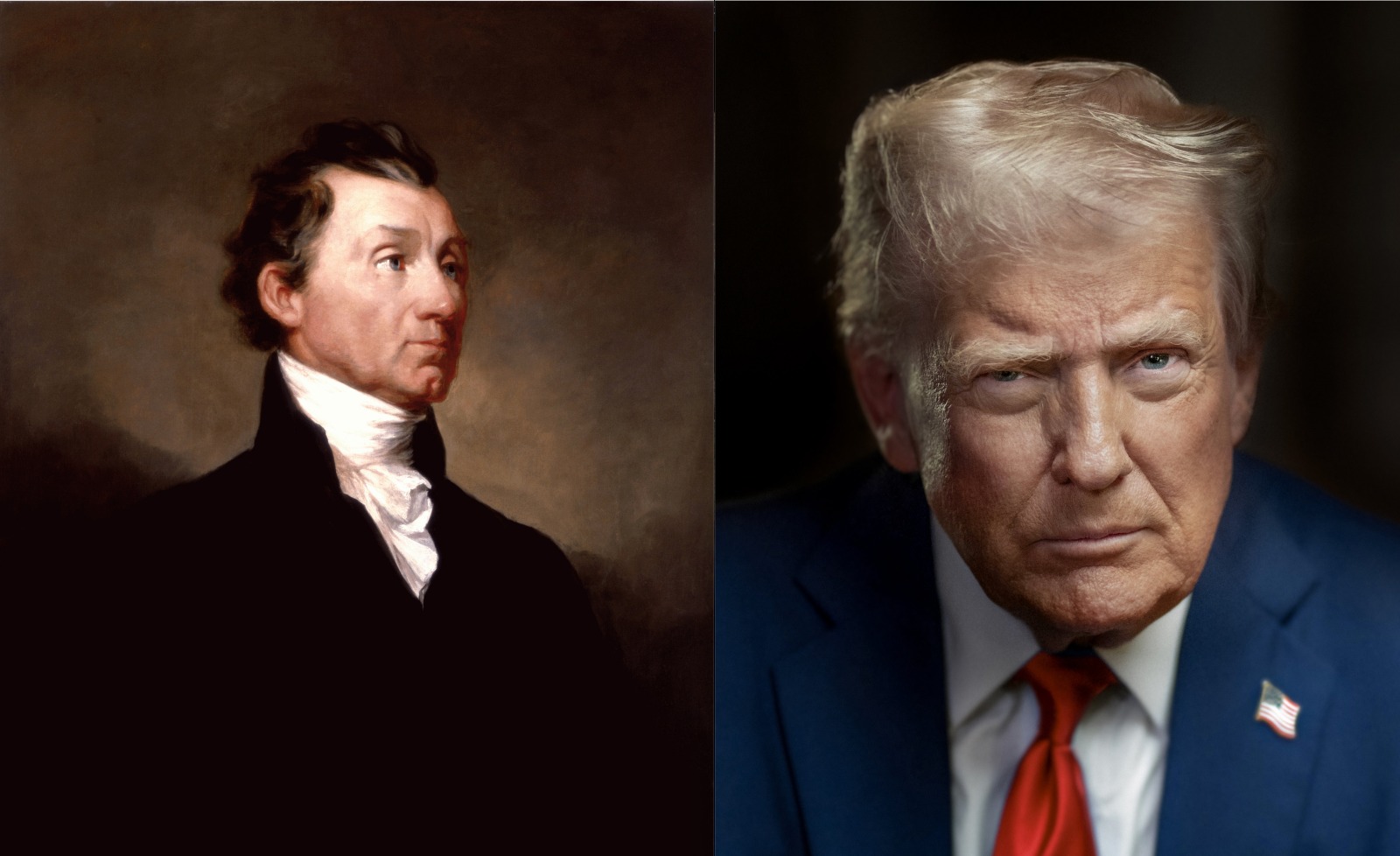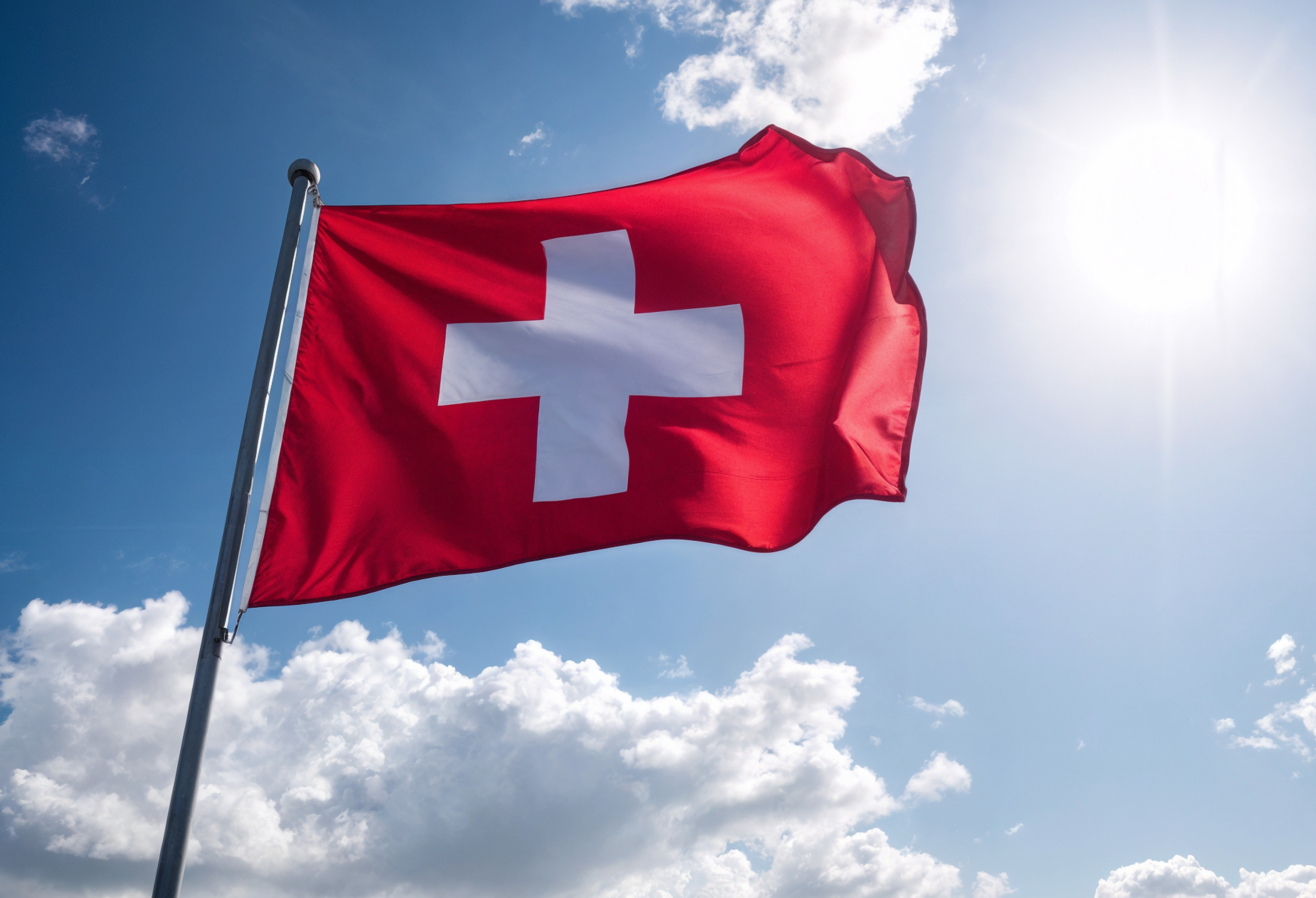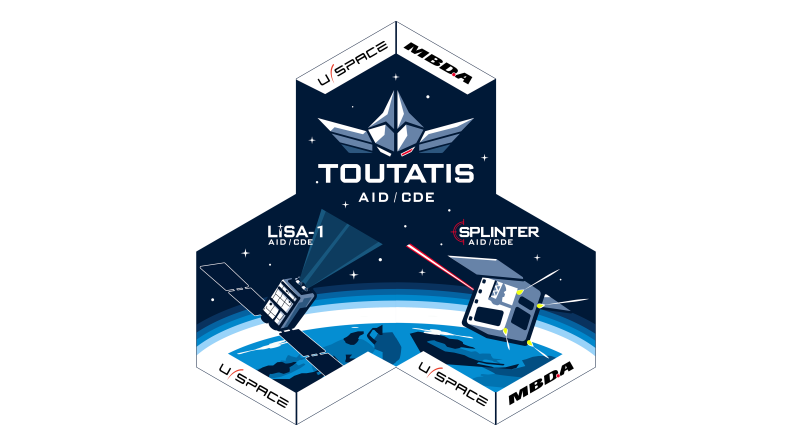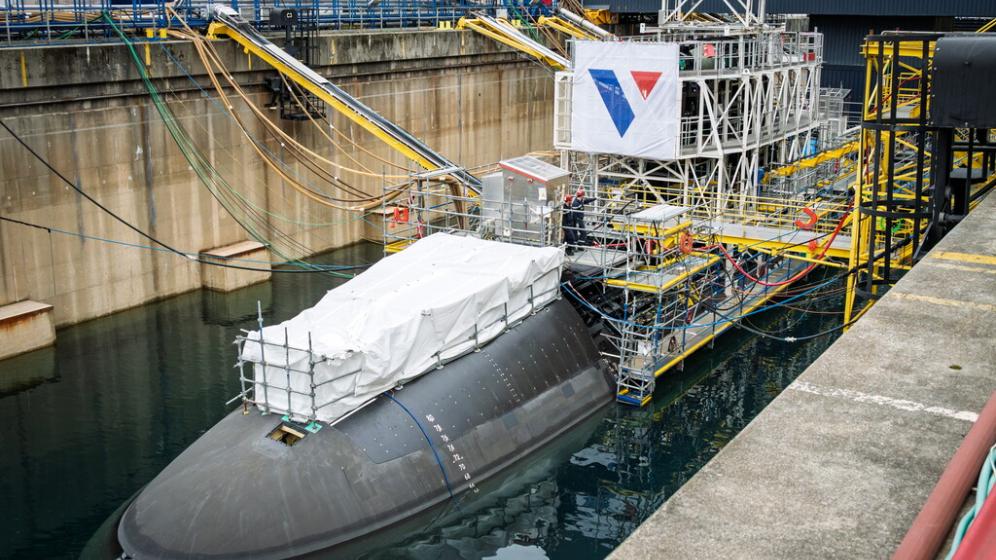Edition anglaise

April 2006 - n° 685
Europe–favoured territory for the energy giants - Christophe-Alexandre Paillard
The rise in the price of oil since 2004 has once again placed energy problems at the centre of thinking on the European project. Europe, which is dependent on imported energy for about 50% of its requirements, must face the problem and work out a new energy policy. The publication of a green paper on energy by the European Commission on 8 March 2006 provides a good opportunity to launch these new ideas. Europe must, as a priority, diversify its supplies, limit its requirements, boost its investments in research or refining, and put in place the systems to respond to future energy crises. If nothing is done, other players, like the United States or China, will impose their energy choices on Europe.
Energy security: it’s not only oil - Claude Mandil
The security of energy supplies is once again right at the top of the list of energy policy subjects, following the political tensions in the Middle East, as well as major electricity failures of recent years, the hurricanes of August and September 2005 and the gas dispute between Russia and Ukraine. Even if the system of strategic oil stocks managed by the International Energy Agency has proved to be efficient, today’s keywords for guarding against the risks are diversification (of energy, of its sources, its suppliers and of its supply lines) and flexibility. Dialogue with the producers is essential.
International fossil fuel strategies - Philippe Pontiès
The international community is experiencing mounting anxiety on the energy market. Gas and oil are becoming scarcer, while demand is escalating. The supply question is now an enduring and dominant feature on the geopolitical scene, and stabilising the oil price has become an economic necessity. These conflicts of interest have a tendency to intensify divisions between national economies that are already engaged in an acrimonious commercial power struggle. The resultant challenges that face the major industrial powers, whether established or emergent, have encouraged the adoption of competing strategies in Russia, China, India and the United States, while new opportunities are emerging for nuclear energy.
The legitimacy of ‘economic patriotism’ - Christian Harbulot
The very heated debate on ‘economic patriotism’ that has begun in France demonstrates that much confusion still reigns about the nature and content of economic confrontations. Most commentators remain very dependent on the thought processes of the Cold War. The fact that certain academics, such as Jacques Fontanel (La globalisation en “analyse”, Géoéconomie et stratégie des acteurs, published by l’Harmattan, 2005) are at last beginning to treat the subject in depth, indicates that the time has come to forget the cant inherited from a time when one was not permitted to weaken the free world by revealing its inconsistencies.









